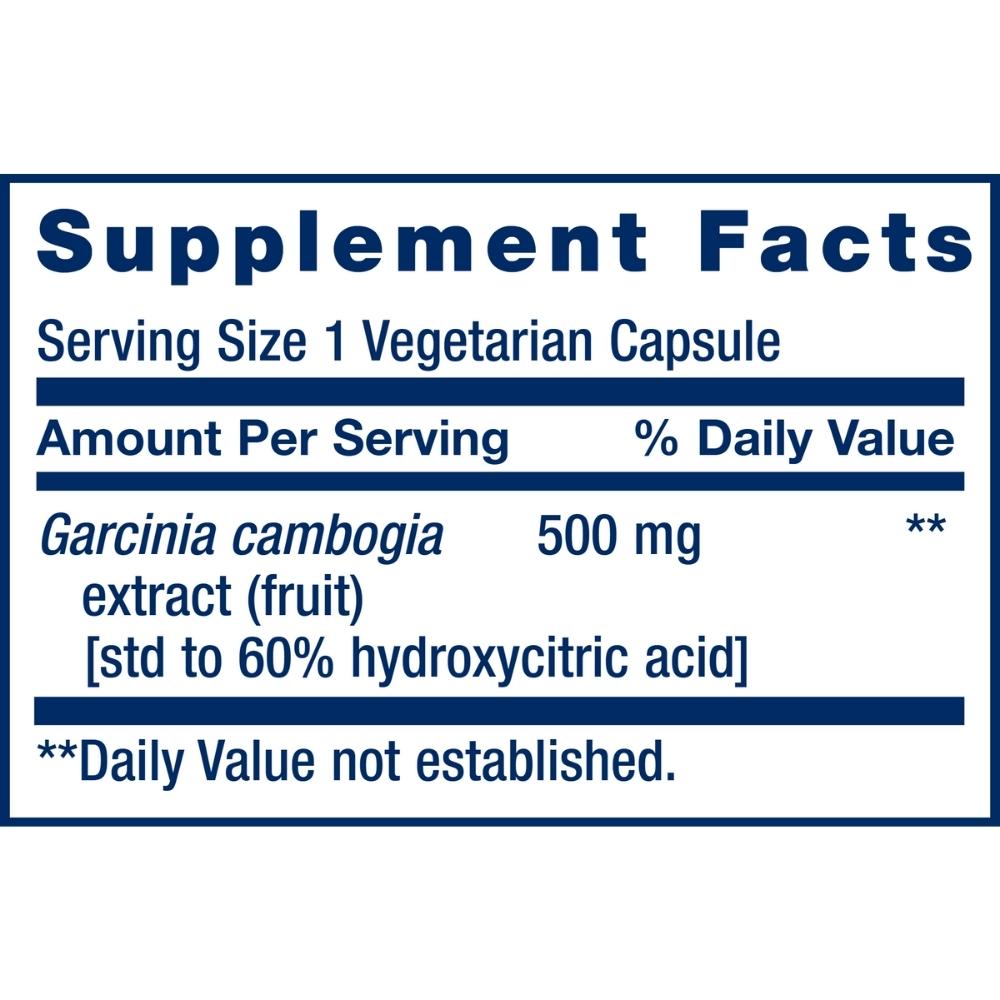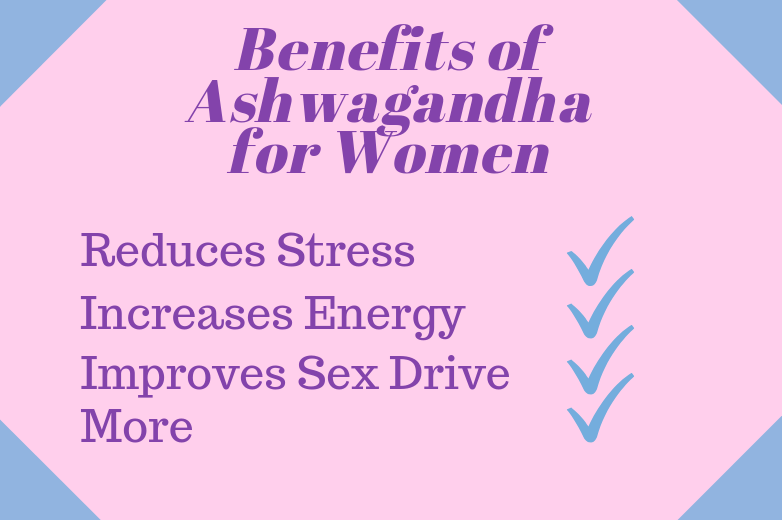When I think about some of the most common concerns of women today (stress, low energy and libido, menopause symptoms, brain fog) the herb Ashwagandha instantly comes to mind. It is somewhat of a magical superstar! This is because of its diverse nature of treating the “whole” person, especially females. First and foremost though (before I get too into it), let me tell you a little bit about this amazing plant.
- What is Ashwagandha?
- What is Ashwagandha Good For?
- What are Hepatitis A symptoms?
- Can Ashwagandha Increase Energy?
- Can Ashwagandha be Used for Menopause?
- Can I Use Ashwagandha for Hypothyroidism & Pain Relief?
- What are the Benefits of Ashwagandha and Sex?
- How do You Use Ashwagandha?
What is Ashwagandha
Ashwagandha, or Withania somnifera, is an herb native to India and traditionally used in Aruvedic medicine. Thankfully, it has made its way to all parts of the world so we can also benefit from its amazing medicinal properties! I personally love this herb. In fact, I am sipping on tea of Ashwagandha right now. I have many of my female patients take it, and I would love to share with you the many ashwagandha benefits and uses that have already helped so many women.
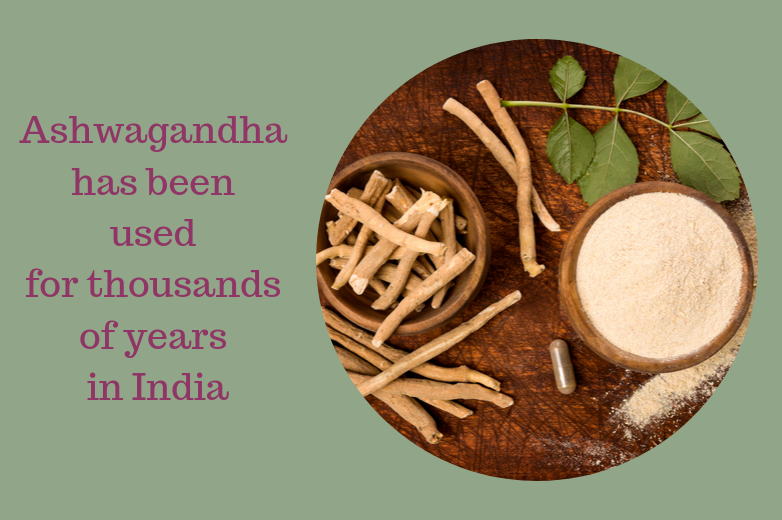
What is Ashwagandha Good For?
The best way to describe Ashwagandha is to call it a “tonic” herb. What this means is that it helps tonify different body systems such as our adrenals (involved in the stress response), immune system, nervous system, and more. It is also referred to as an adaptogen, which describes perfectly what it does: helps us adapt to the world around us. Traditionally, Ashwagandha’s uses include the ability to rejuvenate debilitated people in mind, physical and sexual areas, induce sleep, and help with many other complaints such as cough, infertility, and weak eyes. Today, practitioners additionally use it for many reasons backed by research such as high cholesterol, high blood sugar, osteoarthritis and anemia, in addition to all the female-specific complaints….so let’s talk about those!
Ashwagandha Benefits for Women
Helps Us Adapt to Stress
I want to talk about this first because it is SO important in today’s society. Stress is definitely not contained to just women, but with anxiety disorders occurring TWICE as often in women, and many times leading to increased health problems, I would say this is something we need to address in a more holistic way. Luckily, we have an herb for that! Using Ashwagandha for stress has been shown to lower your overall stress levels, and specifically lower the cortisol output from our adrenals. Cortisol is released in times of stress and causes that feeling of “running from the bear”.

It also provides a spike in blood sugar and potentially other outcomes such as trouble sleeping, fatigue, weight gain and a higher risk of ovarian cancer. We need cortisol, but not as much as most of us are cranking out. It’s confusing our poor bodies, and using Ashwagandha for stress can help mitigate this response.
“In my personal experience, Ashwagandha helps the stressors of our life just roll right off our shoulders, instead of land right on them” -Dr. Miller
Can Ashwagandha Increase Energy?
This herb is traditionally used in states of debilitation and the elderly; so, it should be of no surprise that Ashwagandha helps improve energy. It can work to do this in a few different ways depending on the root cause of energy loss:
- Improves sleep. Traditionally, clinically and in well-studied research, Ashwagandha has been shown to induce sleep and improve the sleep quality of insomnia sufferers.
- Lowers cortisol like we talked about above, thus allowing the person to fall asleep more easily
- Antioxidant effect. Some research implies that taking Ashwagandha significantly reduced the “immobile” period of mice models in a chronic fatigue state, with markers of increased antioxidation.
- Improves stressed and low moods associated with fatigue. There is a clear link between fatigue and depression, so instead of trying to treat the fatigue with more caffeine and sugar, let’s get back to the “adaptogen” potential this plant has and how it can regulate our perception of life’s stressors to a more positive outlook, and thus potentially lift our feeling of fatigue.

Using Ashwagandha for Menopause & Memory
Reduces Menopausal Symptoms
Ah the beautiful transition of life…not so beautiful for some. Symptoms such as hot flashes, sleep disturbance, libido changes, headache, and changes in mood are just some of the effects, many of which we already discussed being improved with Ashwagandha! All of these symptoms can drastically affect the quality of life (QOL) of women in this period, but this study found QOL to improve significantly while taking Ashwagandha along with a couple other Ayurvedic herbs. This is huge news considering this change can last 10 years for some women!
If you’ve ever wondered if there was a natural remedy to help with some of the worse symptoms during this transition, using Ashwagandha for menopause might just be the right choice for you.
Improves Memory and Clarity
Maybe you are getting older, just had a baby and have “mom brain”, or just feel a little foggy-brained lately. Well, you are definitely not alone and there is much to be done to help you feel more sharp. In addition to making sure you have a healthy diet and supplements supplying the nutrients you need (and we have worked on that stress and sleep part talked about above), Ashwagandha can be a great resource to try. A recent placebo controlled study was conducted on 50 adults with mild cognitive impairment which showed a significant increase in both immediate and general memory. They also were able to process information faster and had increased attention spans! 300 mg taken twice daily was all it took.
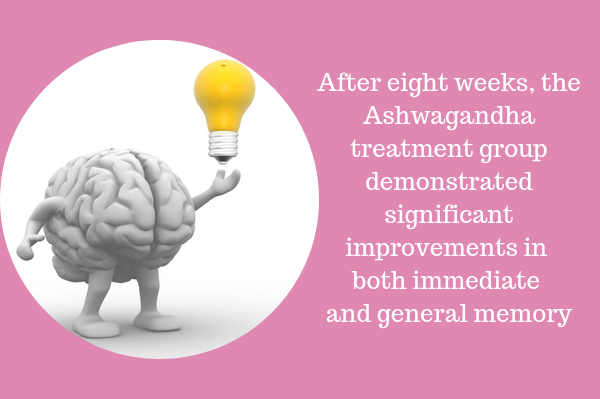
Ashwagandha for Hypothyroidism & Pain Relief
Prevents and Improves Hypothyroidism
Hypothyroidism, or a low functioning thyroid, is a common disorder that affects women 5 to 8 times more than men, especially women over 50 and sometimes during or after pregnancy. It is definitely a disruptive disease that causes low energy, weight gain, hair loss, dry skin, and the list goes on. The upside is that Ashwagandha can help! Doctors and herbalists privy to it’s effects use it often to help normalize thyroid hormones and see amazing results, and rigorous research backs this up. In a placebo-controlled study done on adults with subclinical hypothyroidism (their TSH was in the 4.5-10 range), Ashwagandha at 600mg/day was able to lower the TSH significantly in 8 weeks, with few, mild temporary side effects. I just love when we can implement a safe and low-force intervention to prevent what could become a more serious disease!
Eases Aches and Pains
Another great use of Ashwagandha is for controlling inflammation that causes pain. Its great antioxidant effect no doubt plays a part in this, as well as it’s confirmed anti-inflammatory action. A double-blind, placebo-controlled, crossover study of 42 patients with osteoarthritis found that ashwagandha, in conjunction with other herbs, reduced pain and disability significantly. This is great news since this is such a common condition!
Ashwagandha for Sex & Sexual Health
Ashwagandha Improves Sexual Function and Fertility
The translation of Ashwagandha is roughly, “the smell and strength of a horse”, alluding to its aphrodisiac properties. This study showed the improvement of arousal, lubrication, orgasm, and satisfaction after taking 300 mg twice a day for 8 weeks. Not only does it improve women’s experience sexually, Ashwagandha and sex drive in men have been found to be related, and it also has been shown to improve fertility by increasing semen quality and boosting testosterone in men, leading to a higher number of pregnant partners.

Using Ashwagandha for women’s fertility has also been a go-to natural remedy for many women looking to boost the odds of getting pregnant. We now know a lot about the effects of Ashwagandha at lowering the stress response, and one paper put it nicely when they connected stress and fertility: “The hypothalamus-pituitary-adrenal (HPA) axis has been known to be involved in the stress response, and since HPA controls spermatogenesis, stress can be one possible contributor to the etiology of infertility”. Have you ever known someone to try to get pregnant so hard, then right when they stop trying it happens? It seems that this herb is able to take a multi-factorial approach to increasing a woman’s chance of becoming pregnant.
How do I Use Ashwagandha?
Now that we know it’s potential to heal, let’s talk about how to take it.
The Ashwagandha root is the main part used in herbal medicine, and Ashwagandha root extract and root powder are the most common form. It’s important to look for that in the ingredients in addition to an organic source with minimal to no fillers , gluten, or soy. I won’t bore you with the breakdown of active constituents (hint: there are many!), but know that the Alkaloids (specifically withanolides) are the most studied for their clinical success.
How Much Ashwagandha Should You Take?
I love how diverse Ashwagandha is and how you can get creative in how you consume it during your day. Want some tea to start your day? Grab a cup with steeped tea bags, or simmer your own loose root (about 1-2 Tbsp/8oz water) for about 30min, strain and drink! Want to make a quick exit in the morning? Swallow some capsules or take a tincture with water and off you go! Feeling a bit hungry for a treat? Use some powder to make some delicious Adaptogen energy balls! It’s really up to you and you can totally mix it up. Most studies use about 600mg/day as a common dosage, but always talk with your Naturopathic Doctor, herbalist, or other qualified healthcare practitioner about what is right for you.
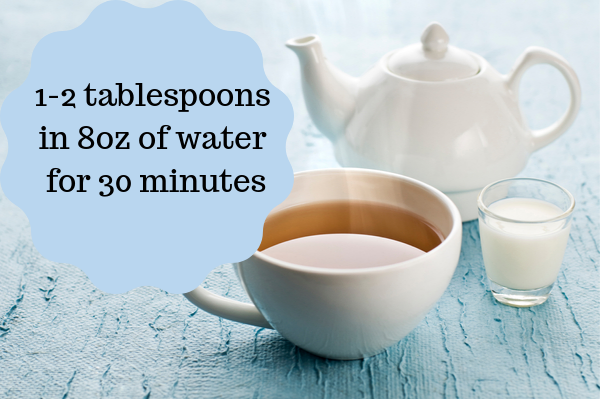
Cautions:
Overall Ashwagandha is a pretty safe herb, but there are some considerations to make before consuming it for certain people with the following conditions:
- Autoimmune disease. Remember how we talked about it upregulating the immune system and increasing white blood cells? This is a potential problem if you already have an overactive immune system in diseases such as Hashimoto’s or Rheumatoid arthritis.
- Pregnant or nursing: There are not enough studies currently to show a clear safety of taking this herb while pregnant or breastfeeding. Ashwagandha has long been used in the Ayurvedic tradition to support lactation, and although one study looks to support this notion, it was not a placebo controlled rigorous study, so more work to be done in this arena. Always talk to your doctor first before starting any supplement or herb during this important time of your and your babies life.
- Nightshade family sensitivities. If you don’t tolerate foods or herbs in this family such as potatoes, tomatoes or eggplant, start with a small dose or just steer clear all together.
- Low blood sugar or low blood pressure. Ashwagandha has been shown to lower both blood sugar and pressure (a good thing in many people!), but if you are diabetic or on blood-pressure lowering medications you need to monitor this closely.
I hope you can now see what an amazing herb Ashwagandha is and the benefits that it gives to women both in mind and body.
Lets recap:
- Ashwagandha is a versatile herb native to Ayurvedic medicine but used all over the world
- It helps our bodies “adapt” to life’s stressors by mitigating our cortisol release
- It can improve: sleep, mood, energy, fertility, sex drive, memory and clarity
- It decreases: thyroid abnormalities, aches and pains, and menopausal symptoms
- The root is commonly used in many forms including tea, capsule, powder, and tincture
Do you suffer from hormonal or other issues and would like to feel better? Schedule a consultation with Dr. Jesse Miller to help you get on the right path to optimal health! Contact us at [email protected] to schedule an appointment!
Make sure to check out all of the great quality supplements available here!
References:
- HerbClip: Adaptogenic Herbs in Clinical Practices. (2019). Cms.herbalgram.org. Retrieved 26 September 2019, from http://cms.herbalgram.org/herbclip/247/review43678.html?ts=1643746443&signature=18a8ca72cb6e83a224cfe6ba5e05f5b8
- Choudhary D, e. (2019). Efficacy and Safety of Ashwagandha (Withania somnifera (L.) Dunal) Root Extract in Improving Memory and Cognitive Functions. – PubMed – NCBI . Ncbi.nlm.nih.gov. Retrieved 26 September 2019, from https://pubmed.ncbi.nlm.nih.gov/28471731/
- General Information/Press Room | American Thyroid Association. (2019). American Thyroid Association. Retrieved 26 September 2019, from https://www.thyroid.org/media-main/press-room/
- B, A. (2019). Hypoglycemic, diuretic and hypocholesterolemic effect of winter cherry (Withania somnifera, Dunal) root. – PubMed – NCBI . Ncbi.nlm.nih.gov. Retrieved 3 October 2019, from https://pubmed.ncbi.nlm.nih.gov/11116534/
- Kulkarni RR, e. (2019). Treatment of osteoarthritis with a herbomineral formulation: a double-blind, placebo-controlled, cross-over study. – PubMed – NCBI . Ncbi.nlm.nih.gov. Retrieved 3 October 2019, from https://pubmed.ncbi.nlm.nih.gov/1943180/
- Bastyr University of Herbal Medicine. (2002). Withania somnifera. Bastyr Materia Medica, with parts of monograph adapted from: Bone K, (1996) Withania somnifera. Clinical Applications of Ayurvedic & Chinese Herbs, 137-41. Queensl&, Australia: Phytotherapy Press.
- McLean, C., Asnaani, A., Litz, B., & Hofmann, S. (2011). Gender differences in anxiety disorders: Prevalence, course of illness, comorbidity and burden of illness. Journal Of Psychiatric Research, 45(8), 1027-1035. doi:10.1016/j.jpsychires.2011.03.006. Retrived 3 October 2019, from https://www.ncbi.nlm.nih.gov/pmc/articles/PMC3135672/
- Chandrasekhar, K., Kapoor, J., & Anishetty, S. (2012). A prospective, randomized double-blind, placebo-controlled study of safety and efficacy of a high-concentration full-spectrum extract of Ashwagandha root in reducing stress and anxiety in adults. Indian Journal Of Psychological Medicine, 34(3), 255. doi:10.4103/0253-7176.106022. Retrieved 3 October 2019, from https://pubmed.ncbi.nlm.nih.gov/23439798/
- Stress Hormones and Ovarian Cancer Prognosis. (2019). Natural Medicine Journal. Retrieved 8 October 2019, from https://www.naturalmedicinejournal.com/journal/2017-07/stress-hormones-and-ovarian-cancer-prognosis
- Ashwagandha Helps Manage Stress-Related Weight Gain. (2019). Natural Medicine Journal. Retrieved 8 October 2019, from https://www.naturalmedicinejournal.com/journal/2016-11/ashwagandha-helps-manage-stress-related-weight-gain
- Effect of Natural and Synthetic Antioxidants in a Mouse Model of Chronic Fatigue Syndrome | Journal of Medicinal Food. (2019). Mary Ann Liebert, Inc., publishers. Retrieved 8 October 2019, from https://www.liebertpub.com/doi/abs/10.1089/109662002763003366
- Modi, M., Donga, S., & Dei, L. (2012). Clinical evaluation of Ashokarishta, Ashwagandha Churna and Praval Pishti in the management of menopausal syndrome. AYU (An International Quarterly Journal Of Research In Ayurveda), 33(4), 511. doi:10.4103/0974-8520.110529 Retrieved 8 October 2019, from https://pubmed.ncbi.nlm.nih.gov/?term=ashwagandha+AND+menopause
- Bhattacharya SK, e. (2019). Antioxidant activity of glycowithanolides from Withania somnifera. – PubMed – NCBI . Ncbi.nlm.nih.gov. Retrieved 9 October 2019, from https://pubmed.ncbi.nlm.nih.gov/9332168/
- Mishra LC, e. (2019). Scientific basis for the therapeutic use of Withania somnifera (ashwagandha): a review. – PubMed – NCBI . Ncbi.nlm.nih.gov. Retrieved 9 October 2019, from https://pubmed.ncbi.nlm.nih.gov/10956379/
- Dongre, S., Langade, D., & Bhattacharyya, S. (2015). Efficacy and Safety of Ashwagandha (Withania somnifera) Root Extract in Improving Sexual Function in Women: A Pilot Study. Biomed Research International, 2015, 1-9. doi:10.1155/2015/284154. Retrieved 9 October 2019, from https://www.hindawi.com/journals/bmri/2015/284154/
- Mahdi, A., Shukla, K., Ahmad, M., Rajender, S., Shankhwar, S., Singh, V., & Dalela, D. (2011). Withania somniferaImproves Semen Quality in Stress-Related Male Fertility. Evidence-Based Complementary And Alternative Medicine, 2011, 1-9.doi:10.1093/ecam/nep138. Retrieved 9 October 2019, from https://www.ncbi.nlm.nih.gov/pmc/articles/PMC3136684/
- Sholapurkar ML. (1986) ‘Lactare’ for improving lactation. Indian Pract. 39:1023-6. Retrieved 9 October 2019, from https://www.ncbi.nlm.nih.gov/books/NBK501905/
✅ What is Ashwagandha?
Ashwagandha, or Withania somnifera, is an herb native to India and traditionally used in Aruvedic medicine. It helps tonify different body systems such as our adrenals (involved in the stress response), immune system, nervous system, and more.
✅ What is Ashwagandha Good For?
Today, practitioners additionally use it for many reasons backed by research such as high cholesterol, high blood sugar, osteoarthritis and anemia, in addition to all the female-specific complaints.
✅ Can Ashwagandha Increase Energy?
Ashwagandha works in several ways to increase energy, including: improving sleep, regulating cortisol levels and improves moods associated with fatigue!
✅ Can Ashwagandha be Used for Menopause?
Symptoms such as hot flashes, sleep disturbance, libido changes, headache, and changes in mood are just some of the effects improved with Ashwagandha!
✅ How do I use Ashwagandha?
Ashwagandha root extract and root powder (usually capsules or liquid tinctures) are the most common form of Ashwagandha but you can also use steeped tea bags, or simmer your own loose root (about 1-2 Tbsp/8oz water) for about 30min, strain and drink!
